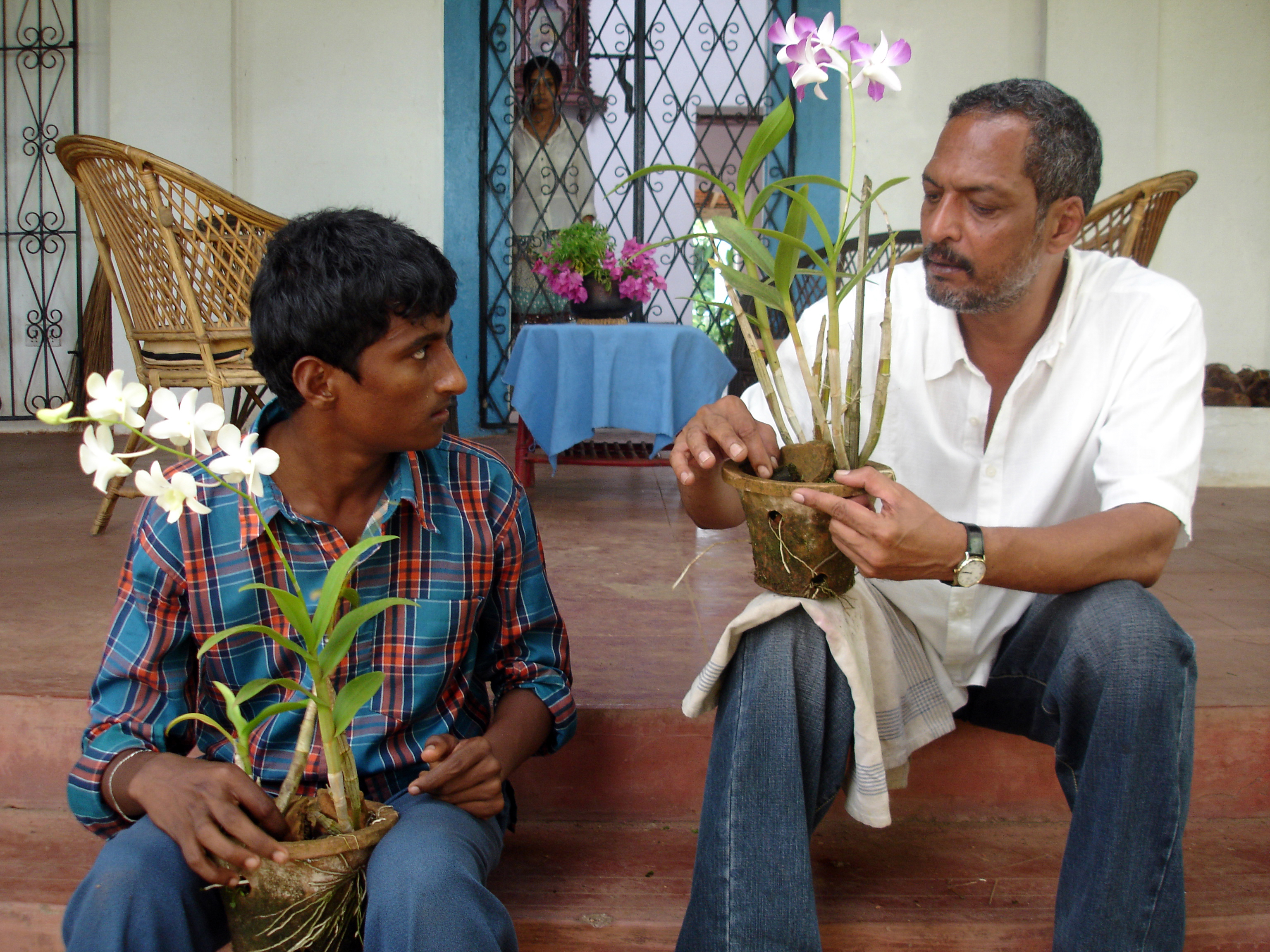|
Reviews of Recent Independent, Foreign, & Documentary Films in Theaters and DVD/Home Video

THE POOL
A Hindi-language neorealist fable shot in Goa, India, by a filmmaker from Milwaukee, Wisconsin, and based on a short story set in Iowa? To me, Chris Smith’s The Pool sounded like a bizarre Frankenstein of a movie, as if an ’80s Merchant Ivory film about Brits in Bollywood had gone badly awry. Instead, The Pool is a gentle, witty, and sophisticated film with a global consciousness. It smacks of neither Hollywood nor Bollywood. It is an original work, masterfully shot, showing why Chris Smith (best known for documentaries like American Movie and The Yes Men) is being honored with a MoMA retrospective. The Pool takes on some of Smith’s favorite themes—the subtleties of class and economic inequity, outsiders versus insiders, and endearing protagonists with underdog dreams. Eighteen-year-old Venkatesh (Venkatesh Chavan in his debut role) works as a “room boy” at a hotel. He also sells plastic bags with his friend Jhangir (Jhangir Badshah), an 11-year-old orphan, on the street. From his perch in a mango tree, he discovers a beautiful villa with a lush garden and a dazzling blue swimming pool. The rich man who owns the pool never uses it. Venkatesh would love to swim in that pool, but he won’t break in and use it like some common thief. He wants to better himself, to swim in a pool legitimately. When Venkatesh offers his services to the pool’s owner Nana (Bollywood star Nana Patekar) and gets to know Nana’s teenage daughter (Ayesha Mohan), his life changes—he finds himself faced with a new understanding of the world, and with choices he never expected to make. Smith shot The Pool using a handheld camera, and edited and altered the story throughout the filmmaking process, based on what happened with the actors cast on location. The result could have been a train wreck, but instead it’s a masterfully naturalistic movie with a strong sense of place. Venkatesh’s
story is universal—a quiet study of the human yen for self-improvement.
To see it on a Goan, rather than Iowan, stage expands its impact. I
thought not only of Venkatesh, but of the many millions of strangers all
over the world, cleaning floors with rags, or, like Nana and Ayesha,
driving around in Jeeps and lounging by pools. The strangeness of
inequity is unusually clear in Smith’s vision—how one teen can read and
another can’t, how others have homes they don’t even use.
The Pool
represents a new kind of cinema—one that breaks away from Hollywood’s
tunnel vision and retro portrayals of the world beyond America.
Elizabeth Bachner
|

